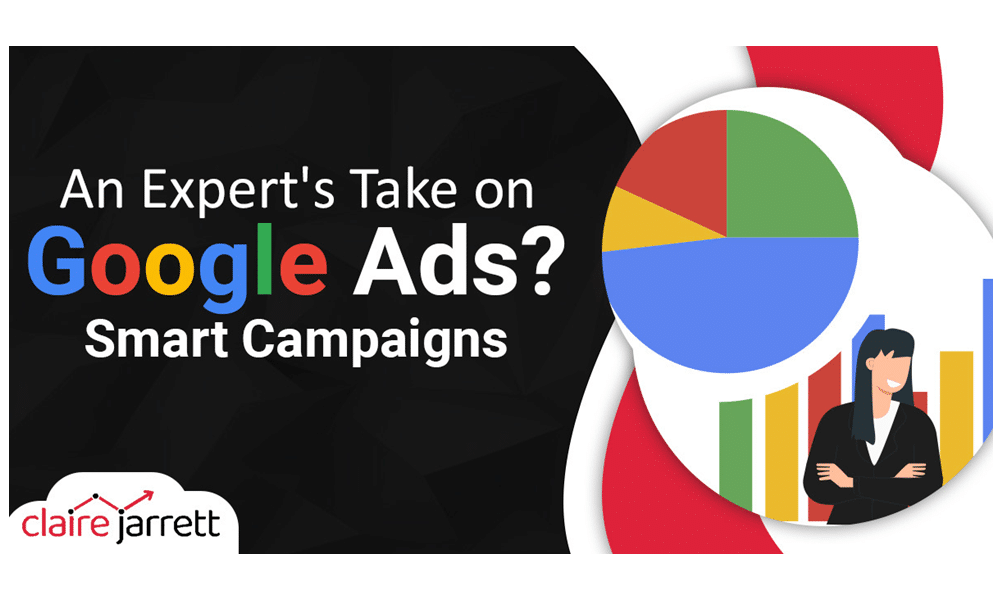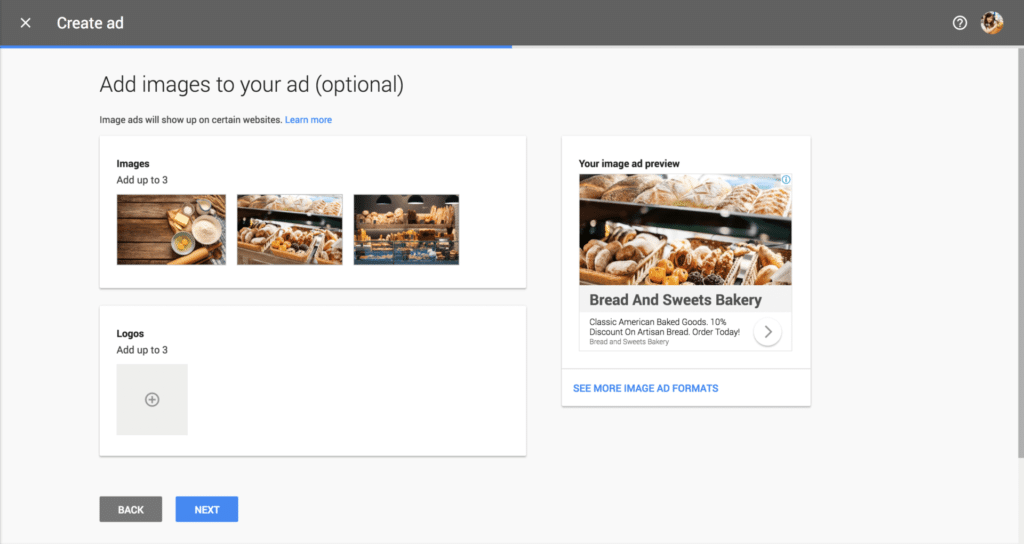An Expert’s Take on Google Ads Smart Campaigns

Last Updated on: 24th November 2025, 12:44 pm
These days, everything is powered by AI and made to be “smart.” The revolution started with smartphones and here we are today, running Smart Campaigns in Google Ads. If you’re wondering whether they’re the right fit for you, it’s time to find out.
In this post, I’ll expand on the true conversion potential of Smart Campaigns.
Let’s dive in!
How Do Google Ads Smart Campaigns Work?
Google Ads Smart Campaigns are campaign types made to make advertising as easy as possible. As soon as you enter basic information about your business, location, and ad content, Google’s algorithm will generate the ads for you and target them to potential customers based on factors such as search queries, location, and browsing behaviour.
It essentially takes over the reins of campaign creation, optimisation, and management, seemingly freeing up your time to focus on other aspects of your business.
Now, notice I say “seemingly.”
For many people, giving Google Ads free rein over their campaigns sounds like a fairytale – which it is. Despite Google’s vast knowledge and direct access to searchers, it won’t make the best decisions for your business. It will apply best practices, but they won’t be tailored to your historical experiences.
Only you can do that, which is why it’s best to learn from a Google Ads coach first so that you can control what Google’s AI is doing.
However, there are certain circumstances under which Google Ads Smart Campaigns work. So our next order of business will be seeing who should be taking Smart Campaigns for a spin, and who should be leaving them alone.
Who Are Google Ads Smart Campaigns (Not) For?
Smart Campaigns may have been made for small business owners who’d rather not deal with the complexities of Google Ads until they’ve learned the basics, and that’s exactly why I tell you not to use them.
Not to mention, the effectiveness of your campaigns will be influenced by external factors such as changes in user behaviour, market trends, and competition. Google Ads algorithms can’t do your market research for you (yet!), so they may not accurately predict or respond well to these variables.
Think of it like when we thought ChatGPT would be running the world by now – it’s capable, but not quite the all-knowing genius we imagined.
If you’re a small business owner, learning how to take charge of your Google Ads should be your first priority.
Once you grasp the essentials, you’ll know how to tweak your campaigns so they don’t deliver just any leads – but the people who match your ideal customer profile.
No window shoppers. Instead, you’ll attract leads who will grow with your business.
There’s no shortcut to this, however. You need to learn – whether on your own (which is where my blog and my books can help), or with the help of my Google Ads consultancy (which is where I personally help).

Despite their original idea, Smart Campaigns work wonders for companies that already have a good handle on their target audience and want to increase their market share. Those companies often have more data to work with.
If a Google Ads account has limited historical data or if the data is incomplete or inaccurate, your targeting and reporting insights won’t be accurate enough.
Secondly, companies who have already scaled their campaigns know what their customers want and how they behave. With that knowledge, they can easily make Smart Campaigns work for them based on their data and tap into new audiences.
A Few Best Practices (and One Warning) for Google Ads Smart Campaigns
Learn, Learn, Learn…and Only Then, Implement Google Ads Smart Campaigns
You can’t bend the rules unless you know them first. If you’re not familiar with the fundamentals of Google Ads, you’ll find yourself at the mercy of its bidding strategies and automated recommendations.
For example, Google’s matching algorithms sometimes interpret similar or related terms as relevant to your selected keywords. This can result in your ads being triggered by so-called “close match” variations, which often aren’t nearly close enough to your intended audience or message.
Let’s say you’re a bakery advertising locally and targeting customers interested in “freshly baked bread.” If Google’s algorithms interpret “artisan loaves” or “homemade bread” as close matches (which they can), your ads could end up reaching a broader audience that isn’t specifically looking for your offerings.
This, in turn, can lead to wasted ad spend and decreased ROI – the polar opposite of what you’re looking to achieve.
Refine Your (Smart) Campaigns in Google Ads Based on What You Know
What are your goals for this specific campaign?
- Do you want to drive more website traffic?
- Get the phone ringing?
- Increase the number of online orders?
Who are you trying to reach?
- What’s your audience searching for?
- What’s their demographic, and how do they behave online?
And most importantly, how much should your budget be? Smart campaigns try to stay within your budget, but overspending can happen if you’re not careful.
Once you’ve gathered all this information (or hired a PPC expert to do it for you), you’ll be in a position to adjust your campaigns based on real data and smart decisions, not expensive hunches.
Control What Can Be Controlled
Although Smart Campaigns automate a lot of the ad creation process, you still have control over elements like headlines, descriptions, and images. But that’s not all you can tweak!
You can still customise your ad copy and creatives to make sure they speak to your audience. Additionally, you can adjust your targeting settings to ensure your ads are reaching the right people in the right place at the right time.
As for bids, you can set your bidding strategy to match your goals and budget, giving you even more control over how your ads perform.
Need High-Quality Reporting? Don’t Expect Much
When it comes to Smart Campaigns, sometimes the lack of clear and meaningful goals can make the reporting a bit fuzzy. Their limited visibility is usually the culprit, as it can keep you from viewing detailed performance metrics.
As a result, you might miss out on key insights about which search terms are really driving your ads or who exactly is engaging with them.
And if your current campaign isn’t teaching you anything about the next one…you’ve got a problem.
If You Want to Apply Smart Campaigns the Smart Way…
…Then, in my view and experience, you shouldn’t dive headfirst into them.
You’ll get much better results by finding how Google Ads can work for your business before you do anything else. This will allow you to dig into your existing knowledge to make your campaigns shine – whether they’re automated or not.
On the flip side, if you’re already quite knowledgeable about your business and ready to try paid advertising, you might find that other campaign types offer more freedom and control. Consider them first and once you “graduate,” you can take your data to any automated campaign and evaluate whether it’s working (or not).
If you need one-on-one help choosing the campaign type that will bring you the highest ROI, let’s chat. Over the past 15 years, I have generated over £1 million in revenue for my clients, handled over £4 million in advertising, and successfully brought in 15,000+ customers to their businesses.
And to get started with understanding Google Ads, get your copy of my best-selling Google Ads book that has helped thousands of business owners launch profitable campaigns in 7 rapid steps!
